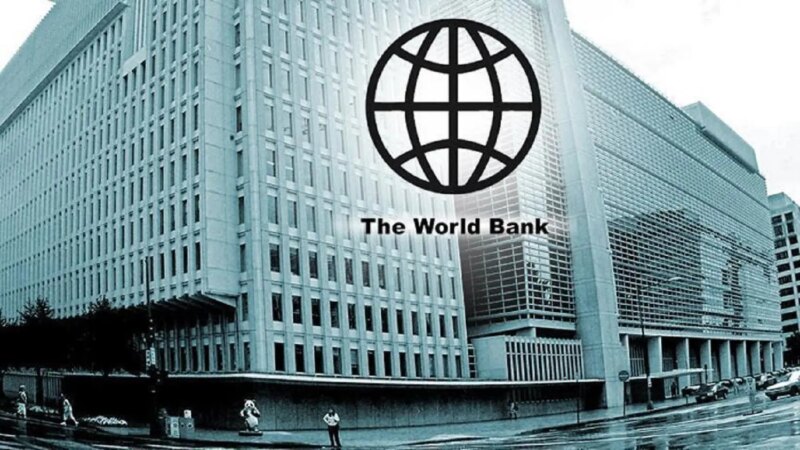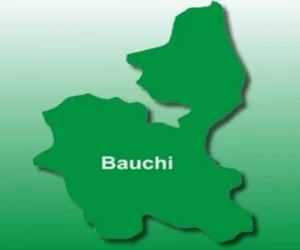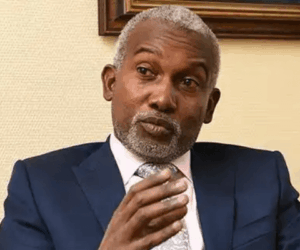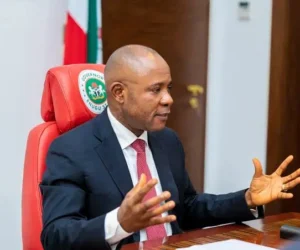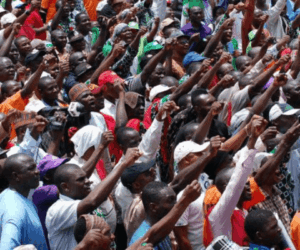The World Bank has disclosed that despite reform gains, no fewer than 139 million Nigerians are still living in poverty.
This is as it called on Nigeria to ensure that the positive outcomes from its recent macroeconomic reforms translate into real improvements in citizens’ living standards.
Country Director for Nigeria, Mathew Verghis, said this on Wednesday, during the launch of the latest Nigeria Development Update, NDU, report in Abuja.
Verghis extolled the federal government for implementing bold policy reforms — especially the removal of petrol subsidy and exchange rate unification .
He explained that the actions have begun to stabilise the economy and lay a stronger foundation for long-term growth.
“Over the last two years, Nigeria has implemented major reforms around the exchange rate and petrol subsidy. These policies have laid the foundation for transforming the country’s economic trajectory for decades to come,” he said.
The Country Director further stated that the effects of the measures were becoming evident in improved revenues, stabilising foreign exchange markets, growing reserves, and a gradual decline in inflation.
“Growth has picked up, revenues have risen, debt indicators are improving, the FX market is stabilising, reserves are rising, and inflation is finally beginning to come down. These are major achievements, and many countries would envy them,” Verghis stated.
He, however, warned that millions of Nigerians have yet to feel the benefits of these reforms, warning that macroeconomic gains must be swiftly converted into welfare improvements.
“Despite these stabilisation gains, many Nigerians are still struggling. In 2025, we estimate that 139 million Nigerians live in poverty. The challenge is clear: how to translate reform gains into better living standards for all,” he added.

